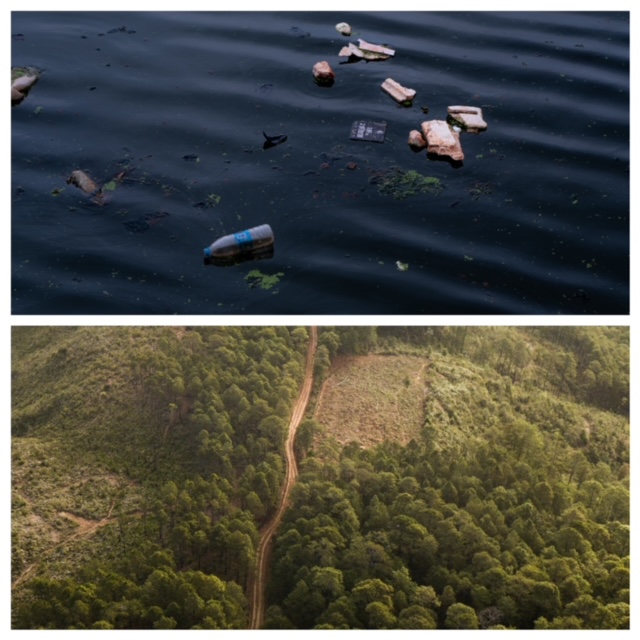Round Up: EGAP Natural Resource Governance Metaketa Resources

Authors: Jaclyn Leaver and Matthew Lisiecki
EGAP recently completed its third Metaketa round, which funded six coordinated randomized controlled trials (RCTs) that assessed whether community monitoring strategies can promote sustainable water and forest use in Brazil, China, Costa Rica, Liberia, Peru, and Uganda.
This round is part of EGAP’s larger Metaketa Initiative, which is a collaborative research model for accumulating generalizable insights. In each Metaketa round, researchers coordinate multiple RCTs to assess the impact of a promising intervention in a variety of countries. Researchers analyze results both at the individual project level and collectively through a meta-analysis.
Here we provide: 1) an overview of the round and the individual studies, 2) the top level findings, and 3) the potential impacts these results can have on natural resource governance policies around the world.
First on the list is a special issue of the Proceedings of the National Academy of Sciences of the United States (PNAS). This issue contains one article for each of the individual country studies:
In addition, the special issue contains the meta-analysis article and other reflection essays that synthesize the evidence found throughout the issue, provide an overview of design-based empirical research in sustainability science, and discuss structured ethics appendices.
Next is a policy brief on the meta-analysis and a video presentation by Tara Slough (EGAP individual researcher and Metaketa III committee member/Peru team member) showcasing the research design of the six field experimental studies and the integrated results.
Third is a series of Stories of Change offering case studies on the approaches taken by the Metaketa researchers and their implementing practitioner partners. One of the stories (linked above), showcases the perspective of the team involved in implementing the Metaketa III study on sustainable water use in China.
Finally, we share a video presentation given to the UK Foreign, Commonwealth and Development Office (FCDO, the Metaketa III sponsor) about the top level findings of the round, along with actionable insights and policy recommendations.
In addition to the results, presentations, and reflections listed above, the natural resources Metaketa round is informing future EGAP work. In 2021, EGAP announced the creation of four new priority themes. These themes will serve as focal points for bringing members together whose work and/or research relates to the topic, in order to discuss issues and questions at the forefront of the field and contribute to a concrete research agenda. One of the new priority themes will focus on research related to climate justice, and will draw on lessons learned through the Metaketa III projects. The research area focuses on policy responses to climate change and addressing inequalities across people and communities who bear the brunt of its negative impacts. This broad topic will include research on inclusive resource governance and strategies to address climate-related vulnerabilities and promote resilience. Future research will study innovations in areas including strategies to address public perceptions, vulnerabilities, and inequalities in promoting sustainable practices so as to mitigate climate change, as well as strategies for including diverse voices in policy processes to ensure inclusive strategies to adapt to climate change and associated risks. To follow the research that comes out of the priority theme, please check our website over the coming months.